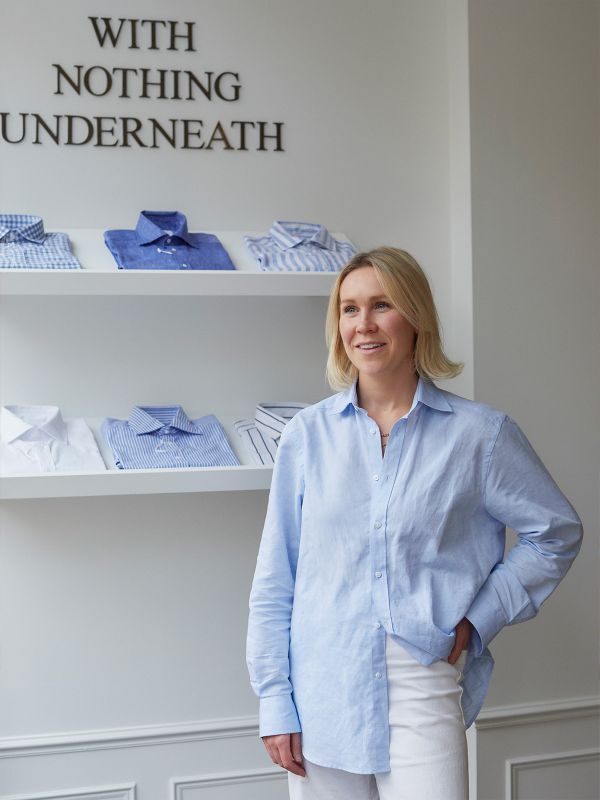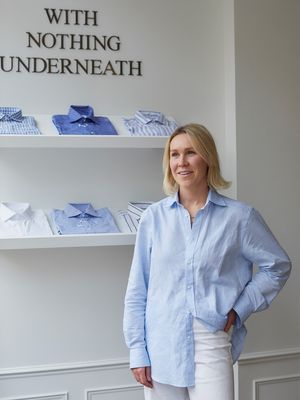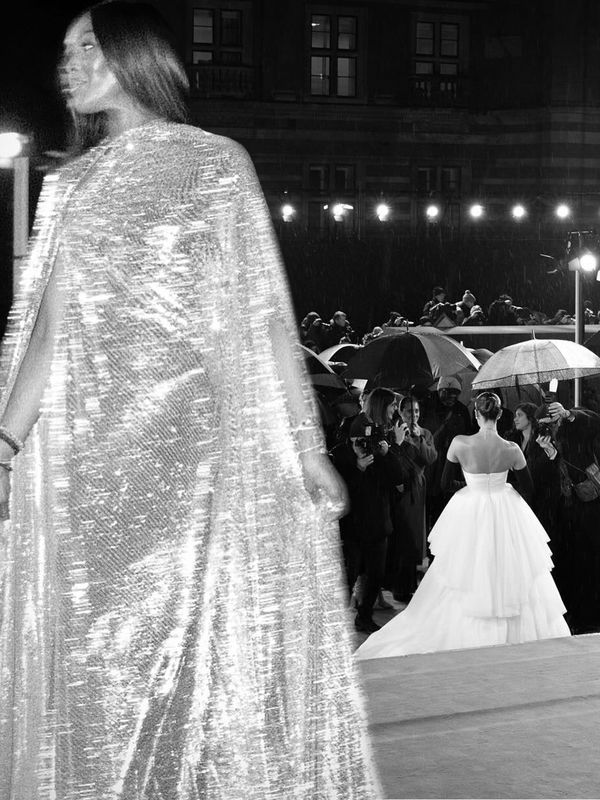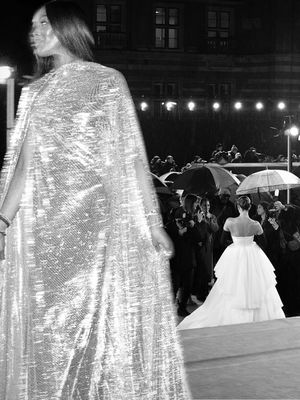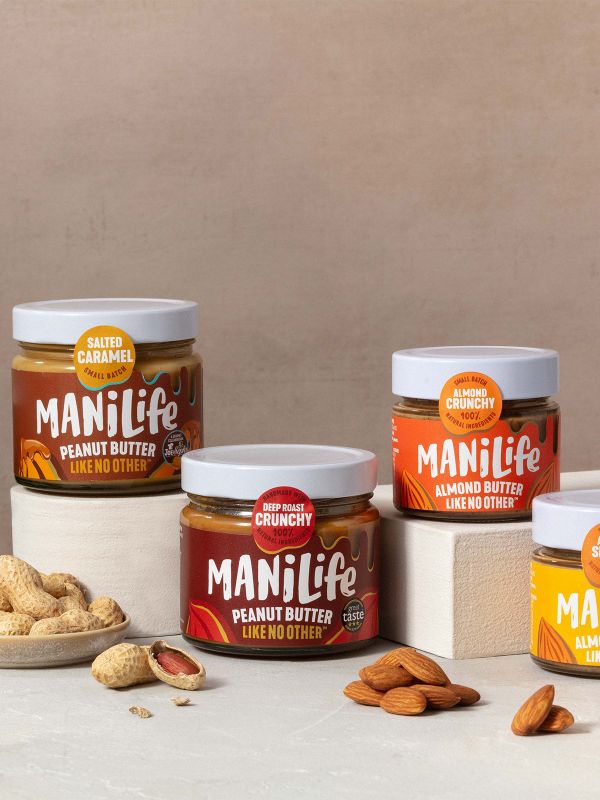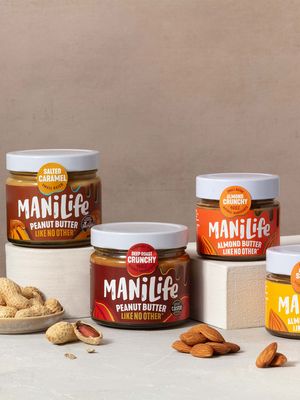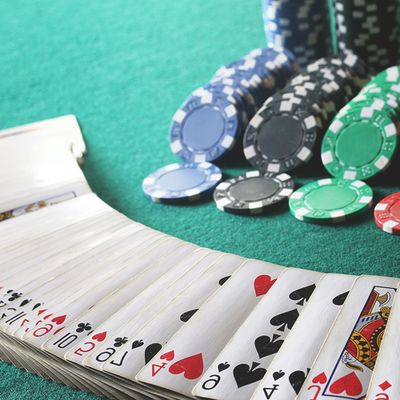
My Interesting Job: Professional Poker Player
Firstly, what did you want to be when you were young?
I always wanted to be a writer, ever since I was little. My parents recall me announcing this to the entire dinner table when I was about five years old, so it was obviously something I decided very early on.
What did you study at university?
I studied psychology and creative writing – specifically fiction – before going on to do pure psychology at grad-school. I’ve always been fascinated by how people make decisions, how they deal with risk and uncertainty, therefore focusing my studies on the topic of self-control.
What made you want to take up poker professionally?
I wasn’t aware you could be a professional poker player for a long time – in fact I didn’t know much about poker at all. I was working on my third book – in which I focused on the role of luck in our lives – when I decided to learn poker to look at the theme of chance. I became passionate about the game, realising it was an incredible tool for so many different reasons. From then on, I knew I wanted to be a professional poker player.
Does your psychology degree helps you play?
My degree has always been my edge and continues to be my edge in the game.
What did you do before poker?
When I finished college, I began working as a copywriter, before moving into journalism and freelance writing, which was my career for over ten years. Right before becoming a professional poker player, I was working in television as a television producer.
How do you start?
You start small – I wasn’t funded at all when I started playing and was taking part in tiny $30, $40 and $50 tournaments. It wasn’t until I started winning consistently that I started to build up my bank role. I remember my first win was a $65 tournament, at which I won almost $1000. Good bank roll management, taking it slowly and making sure you’re a favourite at your level before moving up, are all incredibly important when looking to progress.
What are the key characteristics a poker pro needs to possess?
To be a good professional poker player, you need to be responsible and to work hard. It is a job and you need to treat it as such. You need to commit to it as a career. Even though it’s a game, you have to take it incredibly seriously if you’re going to do well. This means managing your life and finances well. In terms of skills at the poker table, you need to be attentive, to manage your emotions and be able to make rational decisions.
What’s your relationship to risk?
I feel very comfortable taking risks in certain environments, however not so much in others. I definitely wouldn’t describe myself as a thrill seeker – I’ve never been sky diving, nor do I have any desire to do so. But in poker, I’m very happy taking risks when I feel I have an edge and I think the risk is worthwhile.
What’s it like to be a woman in poker?
There aren’t many women in poker – we make up around 3% of the field in any given tournament and this can be a plus or a minus. It’s a plus in the sense people often underestimate you, which is good. However, it’s a minus because people really remember me, and the way I play.
I’m incredibly proud to be a woman and I enjoy representing my gender in the game, but I’ve also experienced a lot of misogyny and boorish behaviour at the table. In an area like poker, where men aren’t used to dealing with women, they don’t understand it’s not ok to say or do certain things. That said, it’s slowly improving and when you play at higher stakes, people tend to be more considerate.
Does the industry do enough promote women in poker?
The industry can always do more, but I think this is true of any industry. Ultimately, I hope my role as a PokerStars ambassador helps people see you can be a woman – even a woman who hasn’t grown up playing poker – and still succeed and enjoy it. Having women to look up to and model your self on has been incredibly important to me throughout my career. Ultimately I hope to inspire other women in the same way.
What do people ask when you reveal you’re a professional poker player?
I get asked a lot if I know how to count cards [a strategy used to determine whether the next hand is likely to give a probable advantage to the player or the dealer] – many people aren’t quite sure what being a poker player entails.
Can poker be a stable profession?
Of course. But people get lucky and don’t keep learning, studying and working. So yes, poker can absolutely be a stable profession, however you have to be willing to work hard, be self-critical and keep learning and improving.
Do you still get a thrill from each game?
It’s important to keep it like a business, but players should still get excited. I love the game and still find it fun every time. Sure it can be stressful and overwhelming at times, but I think players have to remember we get to play a game for a living, and are incredibly lucky in that sense.
Talk us through the money side of poker.
I have no idea what the average wage is. I don’t pay myself a salary from the winnings – the winnings are my salary. You really need to practice good bankroll management. Playing poker for a living isn’t consistent – you could be winning or losing next month – so you can’t rely on the income. Luckily, because I’ve been a freelance writer, without a steady income, I’m pretty good at managing those ups and downs. I’ll always need a fiscal cushion in case I have a losing streak for six months.
What's the most money you’ve ever won?
It was at the PCA national championship. I won the tournament and a little over $84,000 dollars as a result. It also came with $35,000 platinum pass, which gave me a buy in to another $24,000 tournament.
Do you think being a pro poker player made you more responsible with money?
I’ve always been fairly responsible when it comes to money, but playing poker professionally has made me realise the importance of having a fiscal cushion. It is vital to make responsible financial decisions, to have a bank role that can sustain what you’re doing and to not play beyond your financial limits.
What’s the most stressful part of your job?
The constant uncertainty and travel. Not knowing whether you’re going to be winning or losing money that month, and having to keep going no matter what, can be incredibly stressful.
How do you prepare for big games?
I prepare mentally by doing yoga and meditating. I try to prepare for how I might react in certain emotional situations so I can play my best. I don’t find it helpful trying to cram any new strategy – this just makes me more stressed and therefore less prepared.
What motivates you?
The desire to get better is my main motivation. I’m incredibly competitive with myself and am always looking to improve, to know I’ve given 100% and am doing my best.
Do you have a mentor?
My mentors are [professional poker players] Erik Seidel and Phil Galfond. They’ve been my mentors since the beginning of my career and still are to this day. I’ve mentored a lot of people, firstly in writing and now in poker – I’m trying to pave the way for women.
What’s a typical day like?
I try to play my days by ear as I think it’s important to be flexible. When I’m not playing poker I tend to be an early riser as it’s important to start the day on the right foot. I wake up and practice yoga, before having breakfast. I tend to do a bit of meditation before moving onto work.
What do you do in your spare time to unwind?
I don’t have much spare time as I’m basically juggling two full time jobs at once – playing poker and trying to finish my book. When I do have a minute, I read constantly and love to cook, eat and drink wine. I try to enjoy life really; be that going to the theatre, listening to music, or doing things that connect me with my environment.
If you had to choose between writing or playing poker, which would it be and why?
Luckily, I don’t have to choose, nor do I want to. I love them both in equal measures and always will.
If you had one piece of advice for women wanting to follow in your footsteps what would it be?
Just do it. Get out there, believe in yourself and realise that women make some of the best poker players out there. I really hope to see more playing poker in the future.
Find out more about Maria at PokerStars.uk
DISCLAIMER: We endeavour to always credit the correct original source of every image we use. If you think a credit may be incorrect, please contact us at info@sheerluxe.com.
